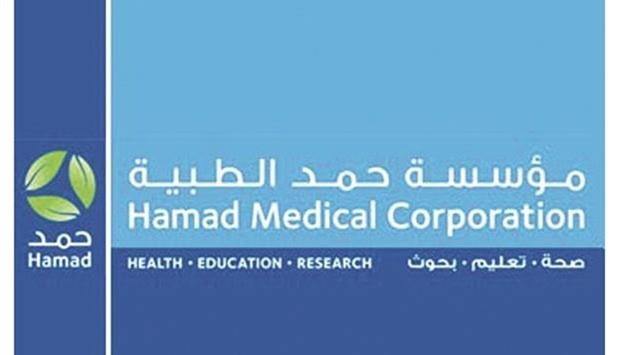“Women who suffer from constant vomiting and the loss of fluids during the early months of pregnancy are advised not to fast as this may result in severe dehydration,” said Ghazi Daradkeh, nutrition supervisor at HMC.
“However a pregnant woman’s body acclimatises to the unique experience of fasting, so if her body contains a good enough supply of energy then fasting does not negatively affect her,” explained Daradkeh.
The dietitian explained that pregnant women should undergo a medical examination before fasting to ensure they are free from common health issues such as high blood sugar and high blood pressure.
If their doctor does give permission to fast during Ramadan, pregnant women should avoid stimulants such as coffee, tea and soft drinks to reduce the intake of caffeine and take care to consume a healthy and balanced diet.
They should drink sufficient amounts of water, between eight to 12 cups per day to avoid dehydration and start Iftar with a glass of milk and some dates, followed by a variety of foods that contain all food groups.
They must also eat a healthy snack before bedtime, for example about an hour after Taraweeh prayer and consume the permitted quantities of starches and keep away from saturated fats.
They must eat protein such as meat, chicken, fish, eggs and cheese and take advantage of the opportunity to eat at Suhour.
Pregnant women must avoid excessive use of spices and eat multiple meals in low quantities when permitted to avoid the feeling of satiety.
They should as well stay away from fatty foods and fries to avoid heartburn and weight gain and eat at least two to three servings of fresh fruit daily.
They must also perform some kind of physical activity for half an hour daily.
“However a pregnant woman’s body acclimatises to the unique experience of fasting, so if her body contains a good enough supply of energy then fasting does not negatively affect her,” explained Daradkeh.
The dietitian explained that pregnant women should undergo a medical examination before fasting to ensure they are free from common health issues such as high blood sugar and high blood pressure.
If their doctor does give permission to fast during Ramadan, pregnant women should avoid stimulants such as coffee, tea and soft drinks to reduce the intake of caffeine and take care to consume a healthy and balanced diet.
They should drink sufficient amounts of water, between eight to 12 cups per day to avoid dehydration and start Iftar with a glass of milk and some dates, followed by a variety of foods that contain all food groups.
They must also eat a healthy snack before bedtime, for example about an hour after Taraweeh prayer and consume the permitted quantities of starches and keep away from saturated fats.
They must eat protein such as meat, chicken, fish, eggs and cheese and take advantage of the opportunity to eat at Suhour.
Pregnant women must avoid excessive use of spices and eat multiple meals in low quantities when permitted to avoid the feeling of satiety.
They should as well stay away from fatty foods and fries to avoid heartburn and weight gain and eat at least two to three servings of fresh fruit daily.
They must also perform some kind of physical activity for half an hour daily.

